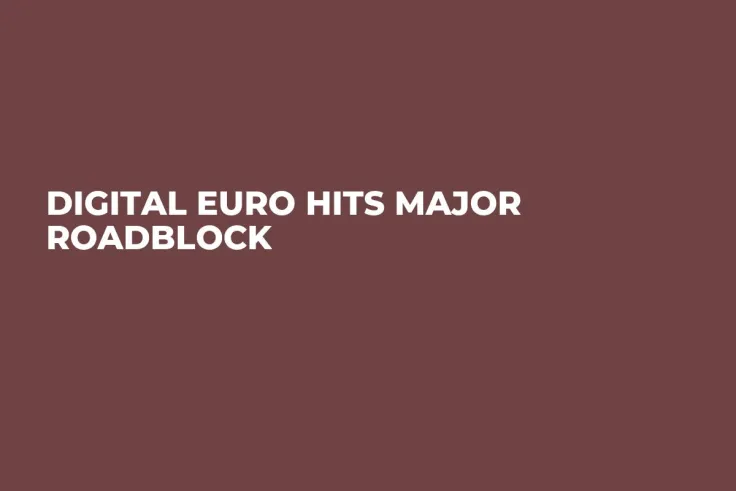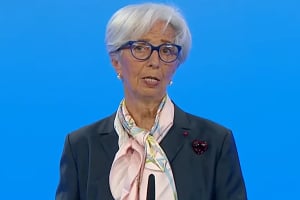
According to a recent report by Bloomberg, Germany's general public is not sold on the idea of using the digital euro.
Privacy appears to be the main concern for Germans, which is why they prefer cold hard cash.
The EU is set to decide whether it should move forward with the implementation of the digital euro next year.
The digital euro is supposed to offer the highest level of privacy among available electronic payment options. In fact, the offline version of the digital euro would be able to achieve the same privacy levels as cash. Both online and offline versions are expected to be supported within a single app.
Users would not be able to be linked directly to their payments since their data would be pseudonymized. The digital euro will rely on various privacy-enhancing technologies to achieve this.
Moreover, their data would never be used for commercial purposes. Only intermediaries could have access to user data in order to comply with regulations.
Independent data protection would have to make sure that the project operates in accordance with EU data protection laws.
Roughly 134 countries are currently looking into central bank digital currencies (CBDCs). In June, the Bank of Israel stated that it would not rush to make its decision regarding the digital shekel before the EU.
The much-talked-about digital euro project entered into the "preparation" phase in October. Around the same time, the EU's data privacy watchdog expressed concerns about the project's lack of decentralization.
Last September, EBC boss Christine Lagarde stated that the launch of the digital euro was at least two years away.


 Vladislav Sopov
Vladislav Sopov Dan Burgin
Dan Burgin